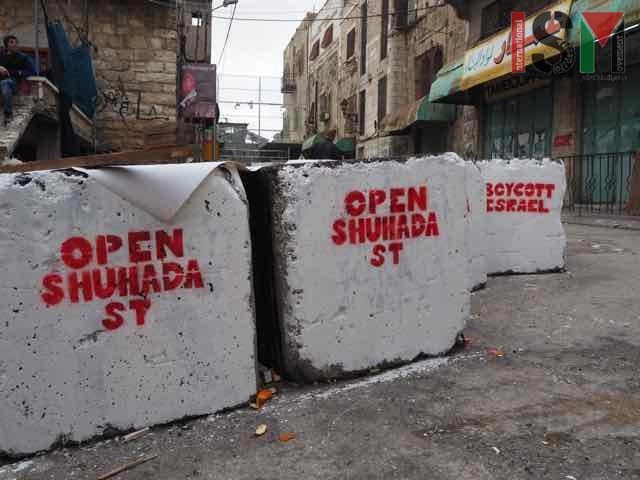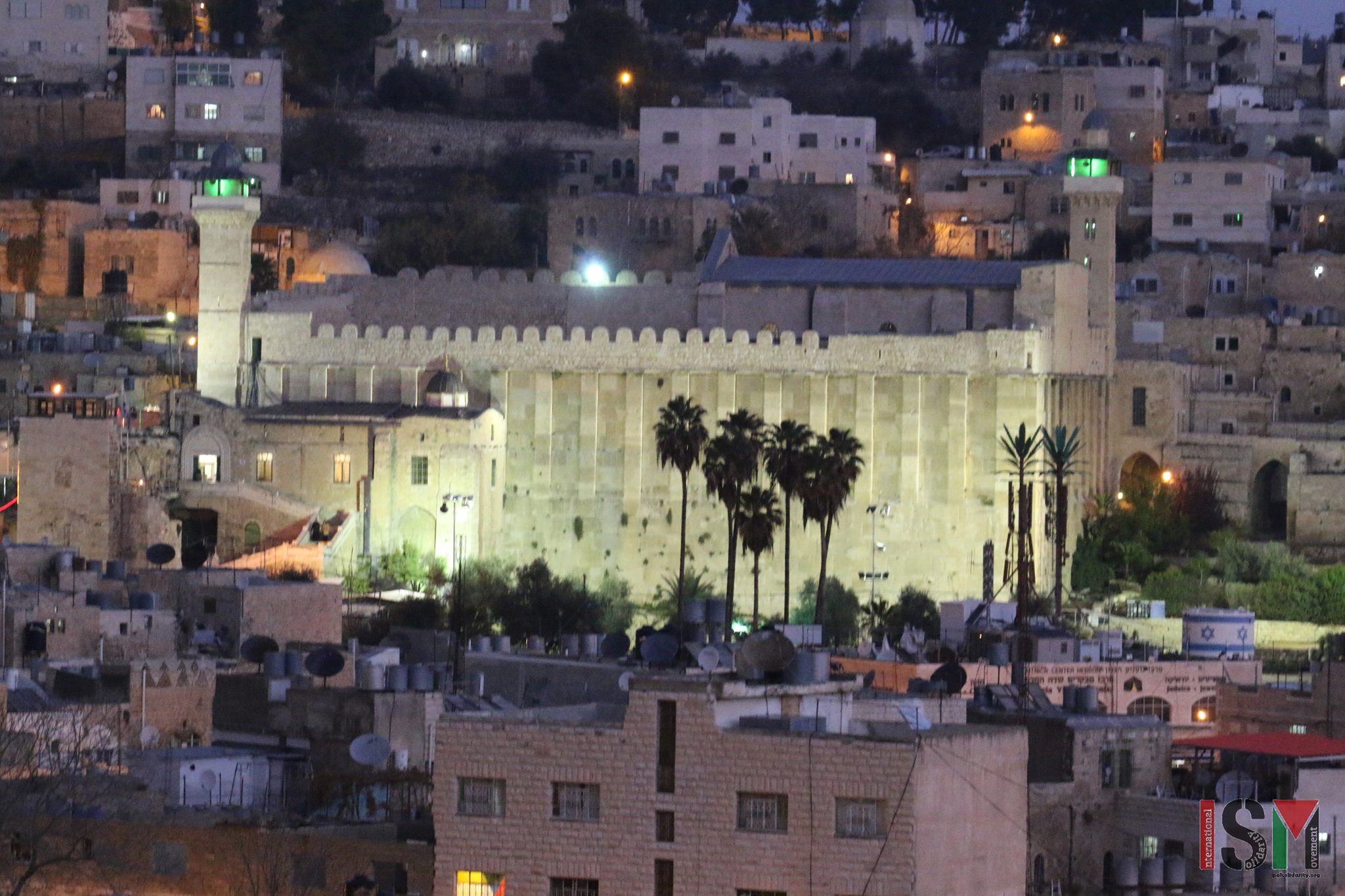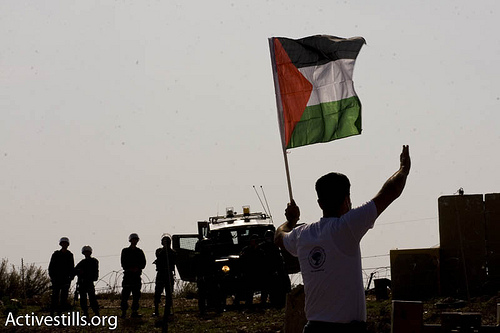Author: swing
-
Join us! For a day of action to #EndHebronMilitaryZone and #OpenShuhadaSt on March 1st
25th February, 2016 | International Solidarity Movement, al-Khalil team | al-Khalil, occupied Palestine Our thunderclap campaign, calling on the international community to pressure the Israeli military to put an end to the closed military zone in al-Khalil (Hebron) will come to an end on the 1st of March, 2016. Join us for a day of…
-
22 years after the Ibrahimi mosque massacre, Palestinians still suffer consequences
25th February 2016 | International Solidarity Movement, al-Khalil team | Hebron, occupied Palestine On the 25th of February 1994, a US citizen residing in the illegal Kiryat Arba settlement entered the Ibrahimi mosque in the early morning during the month of Ramadan. Baruch Goldstein, dressed in his army uniform, opened fire on the Palestinians that…
-
11 years of peaceful resistance in Bil’in
February 18th, 2016 | International Solidarity Movement, Ramallah team | Bil’in, occupied Palestine On Friday, February 19th, residents of the village of Bil’in will march to celebrate the 11th aniversary of the beginning of the weekly protest against occupation. The small village of inhabitants has for over a decade united Palestinians and internationals to support…



